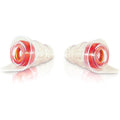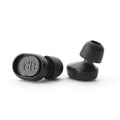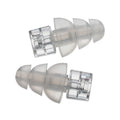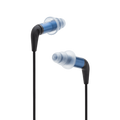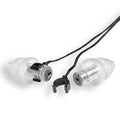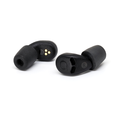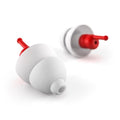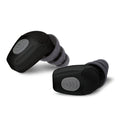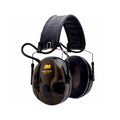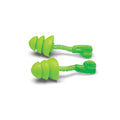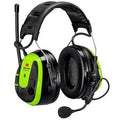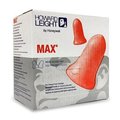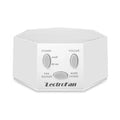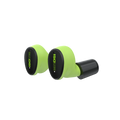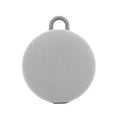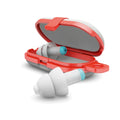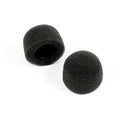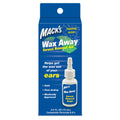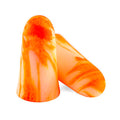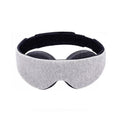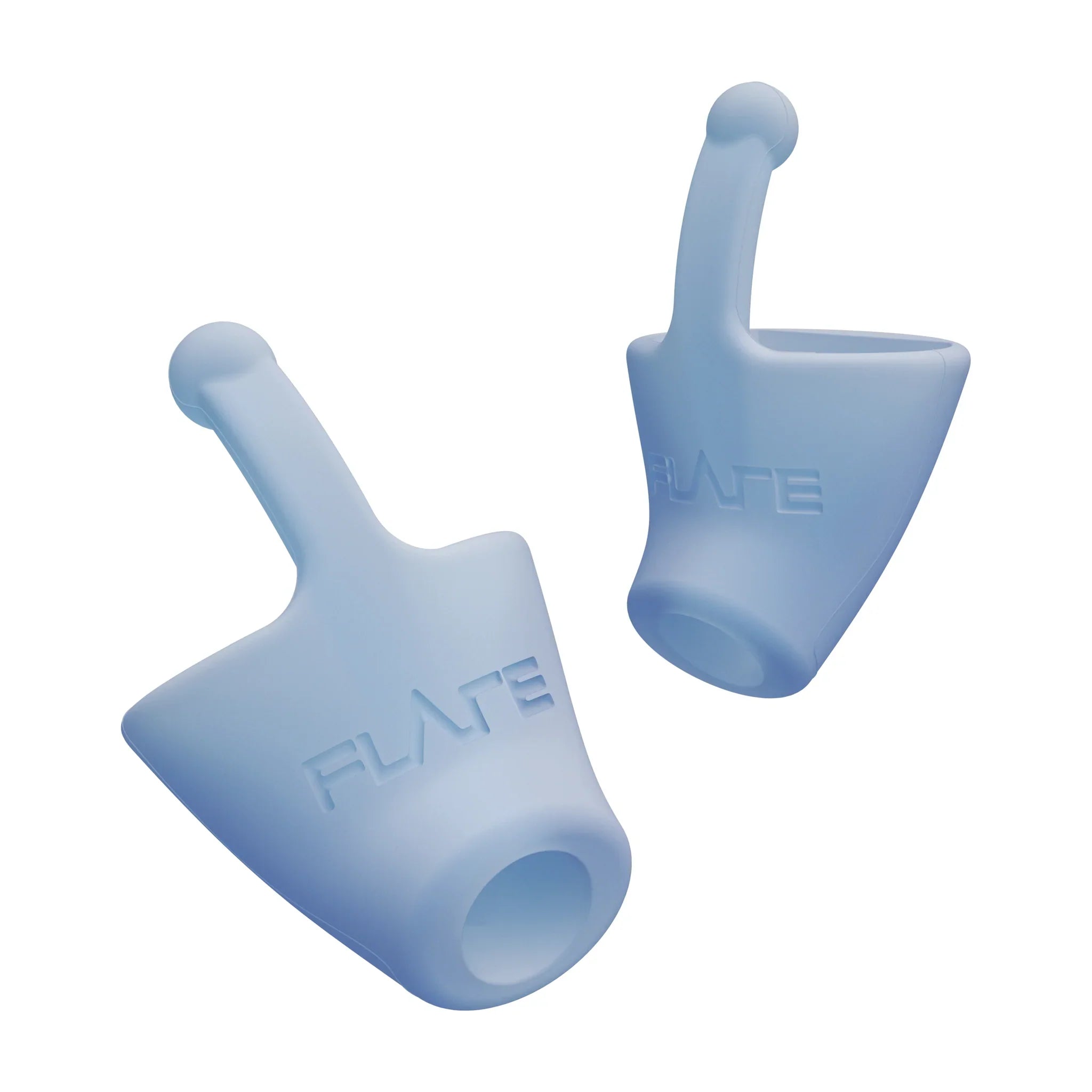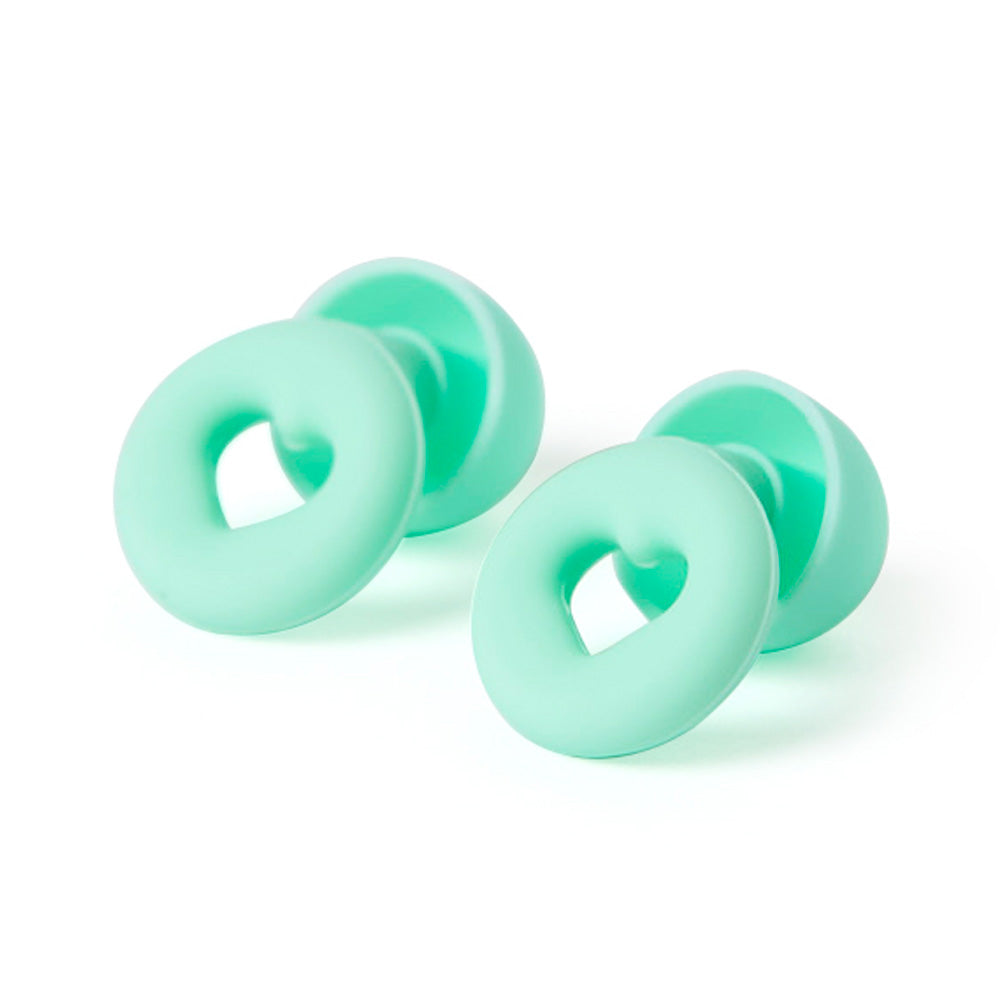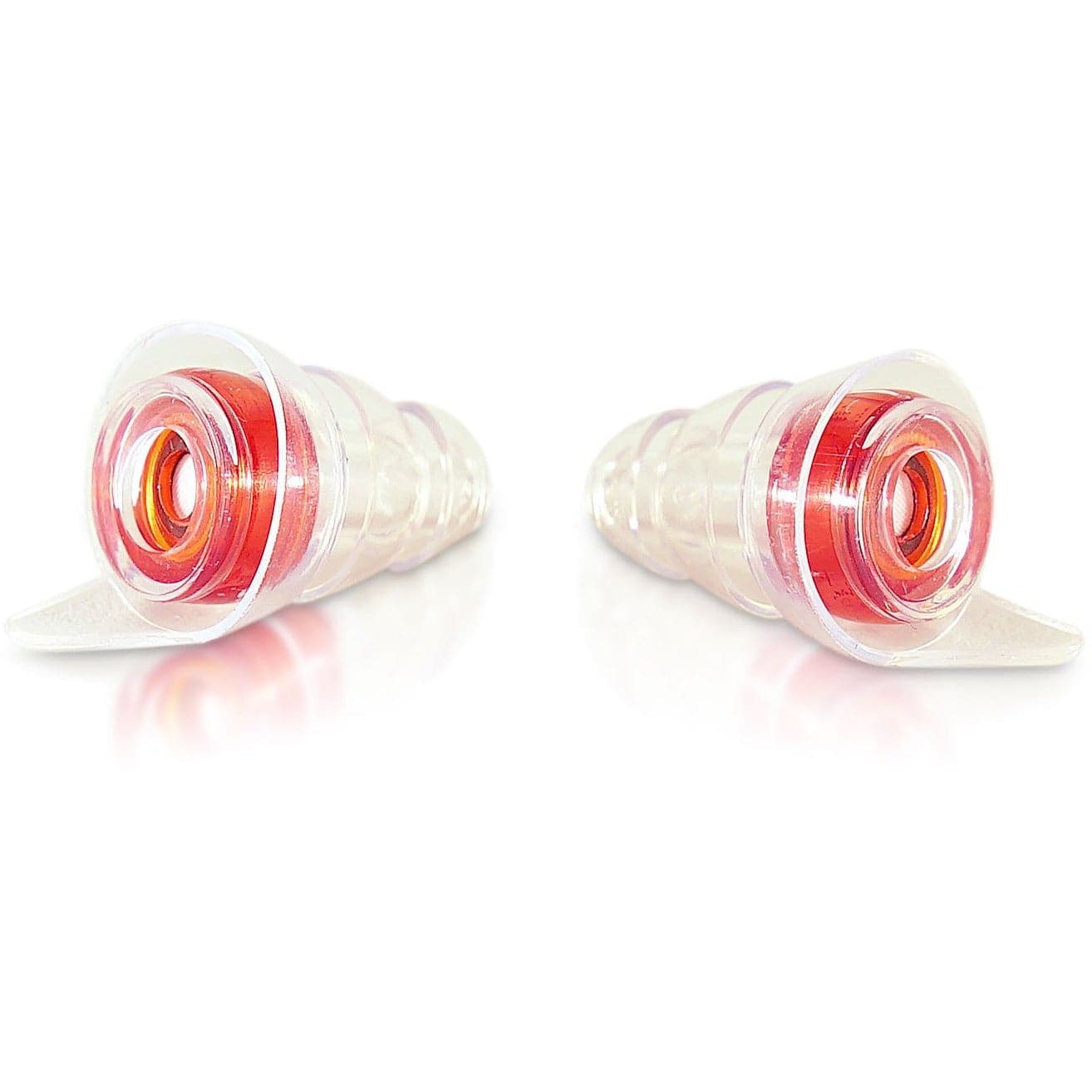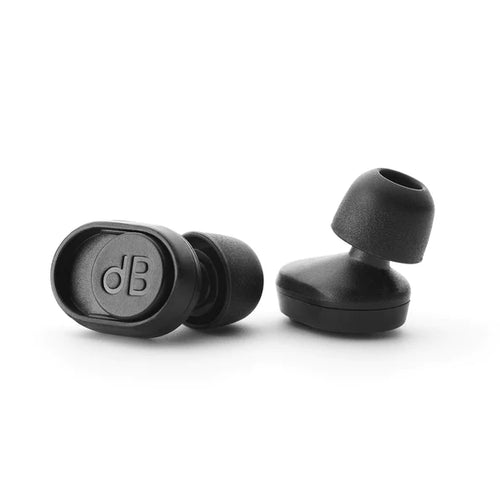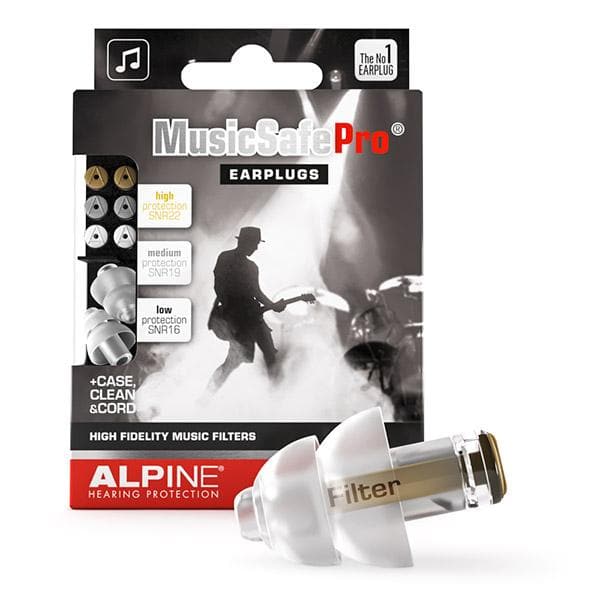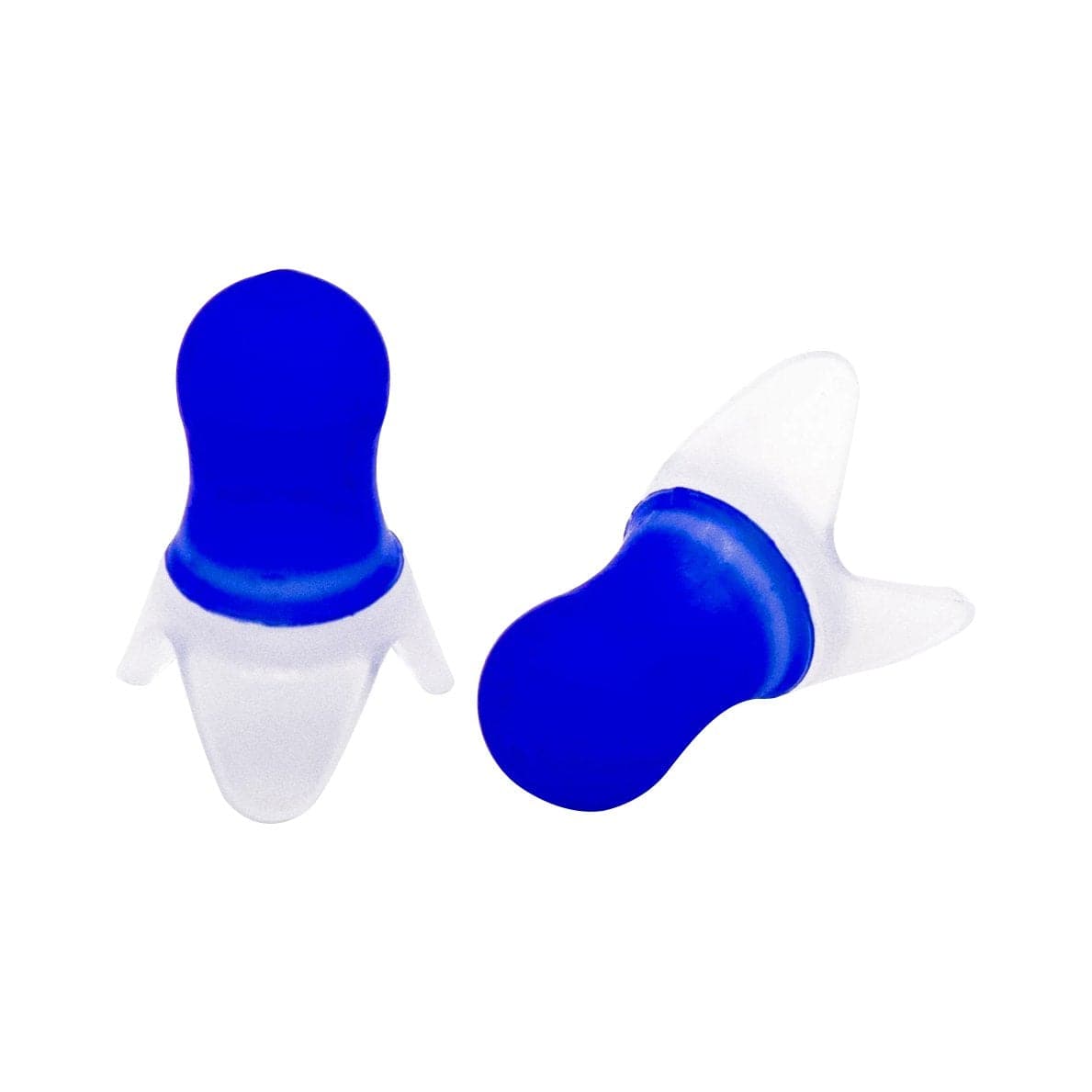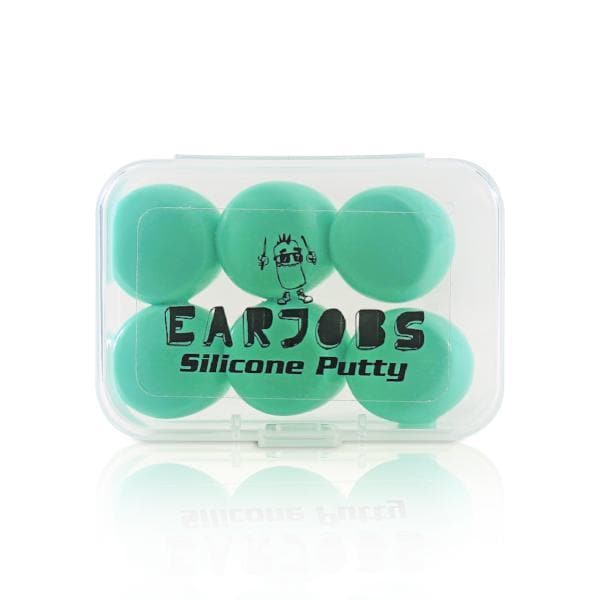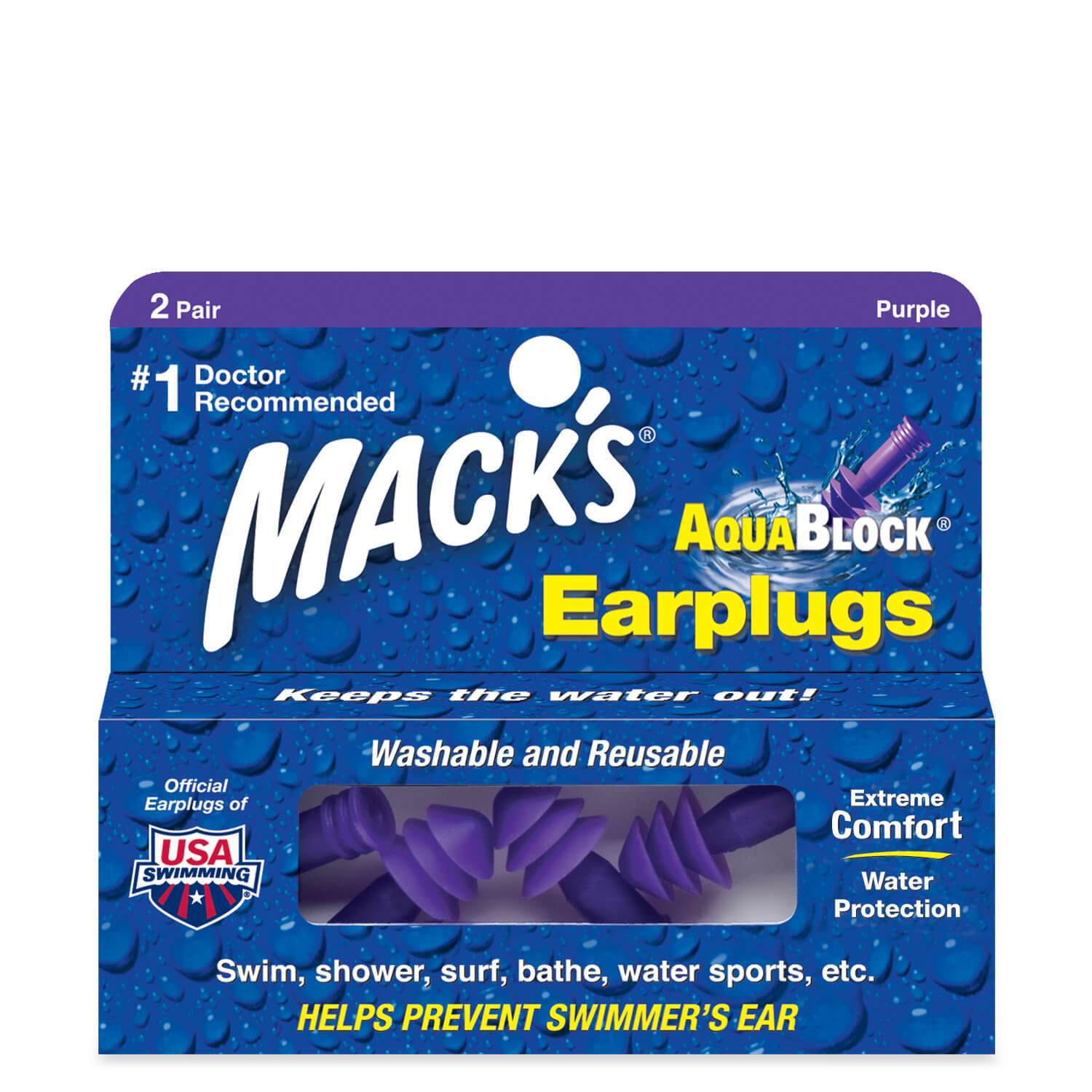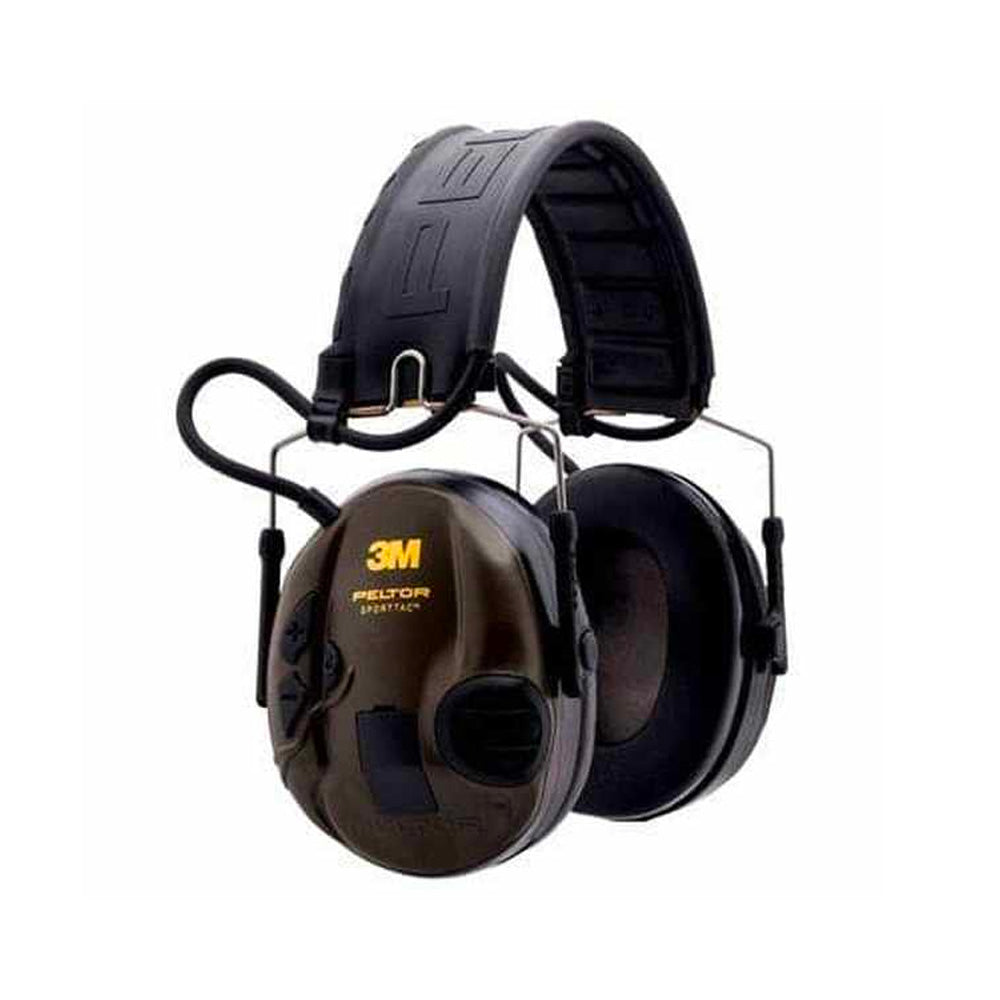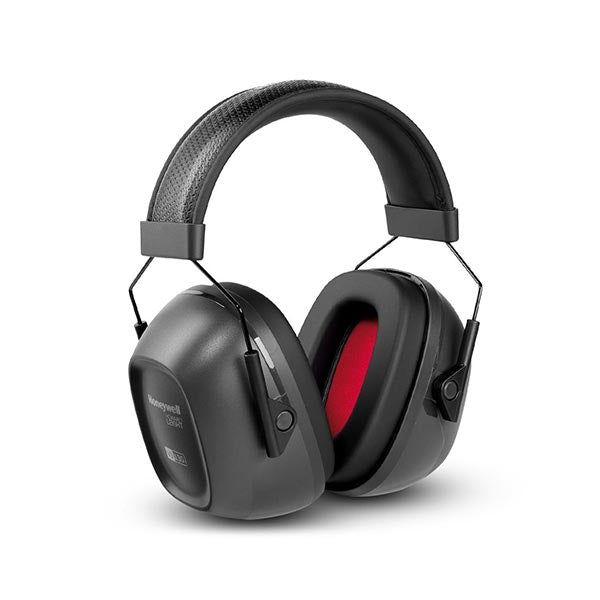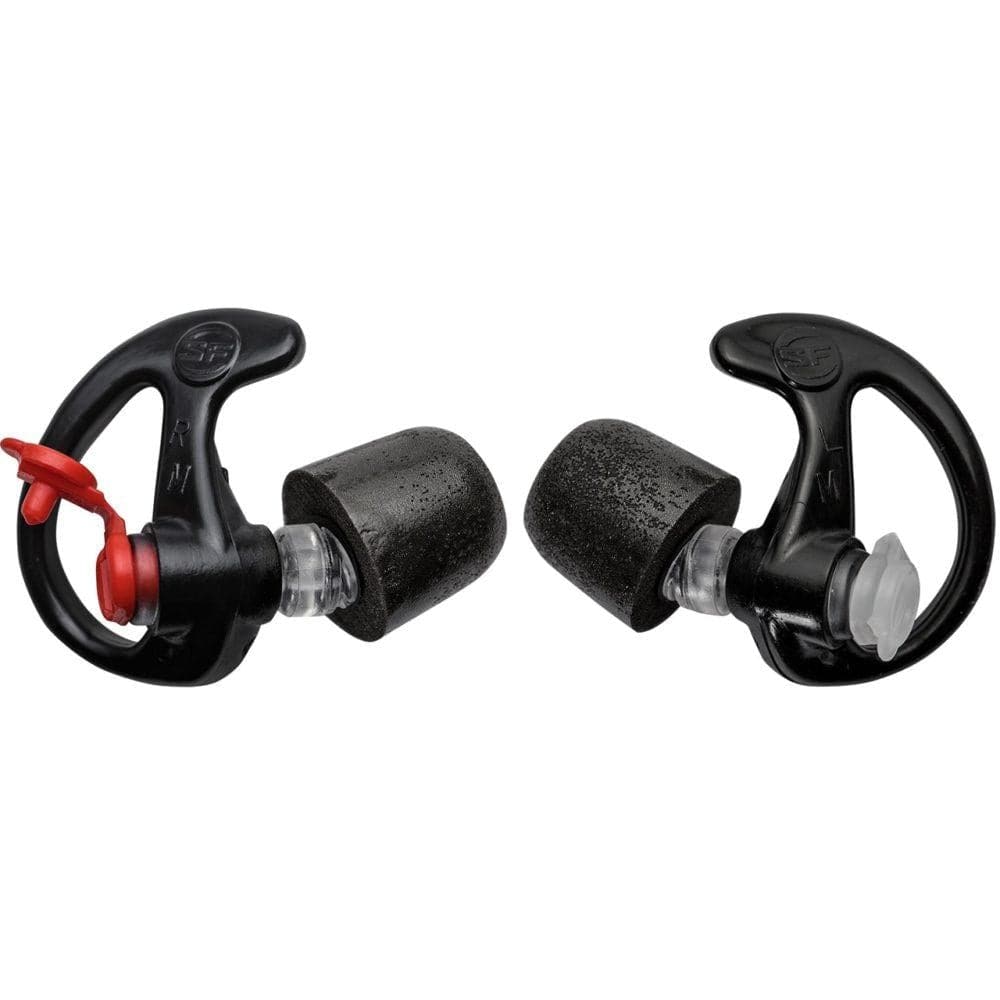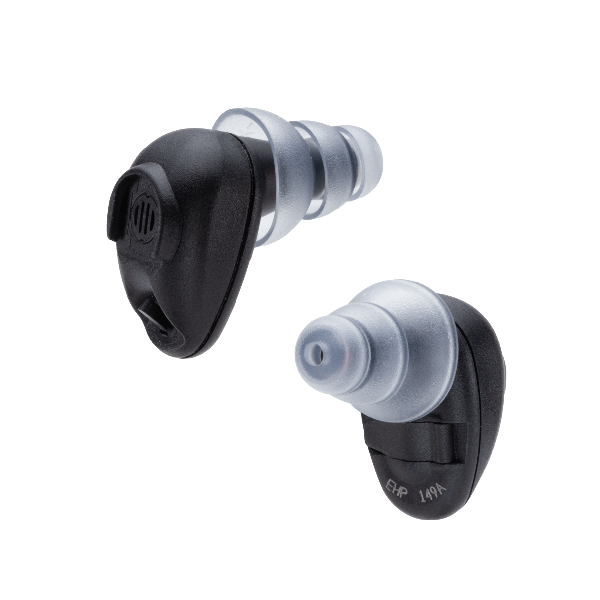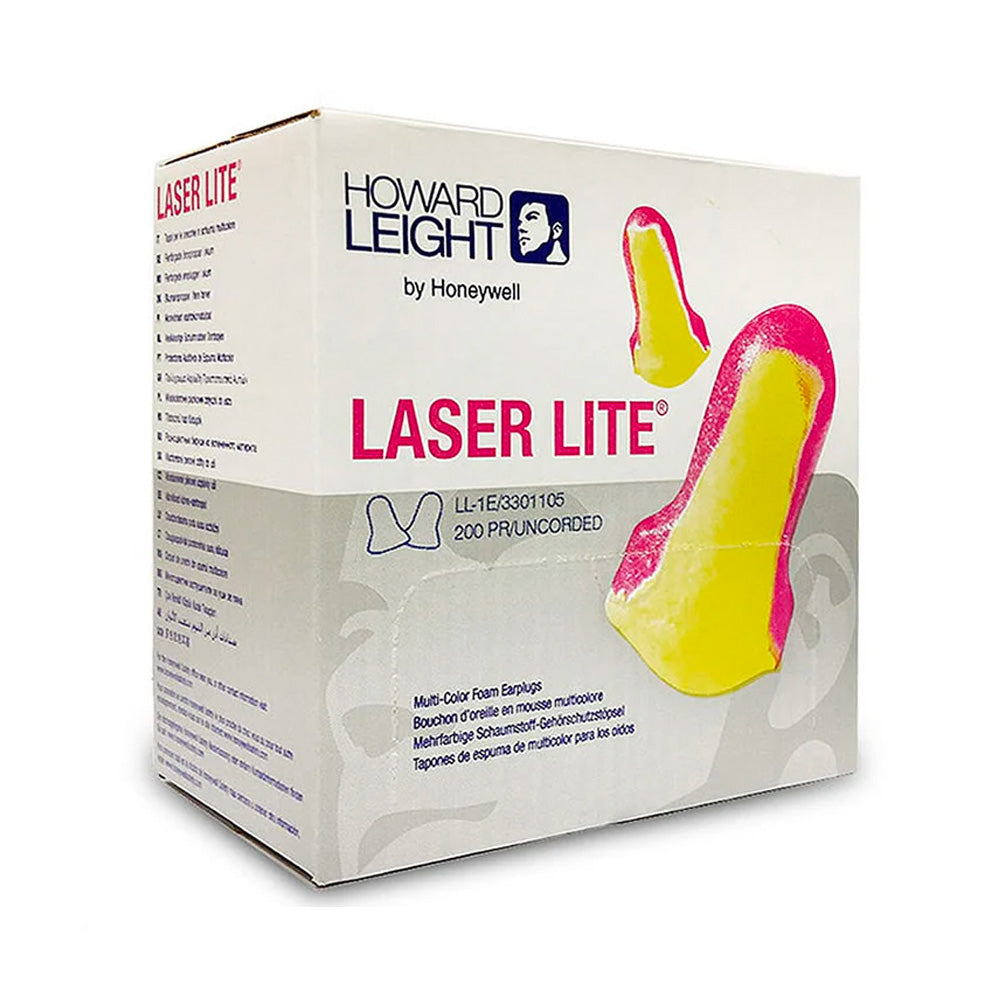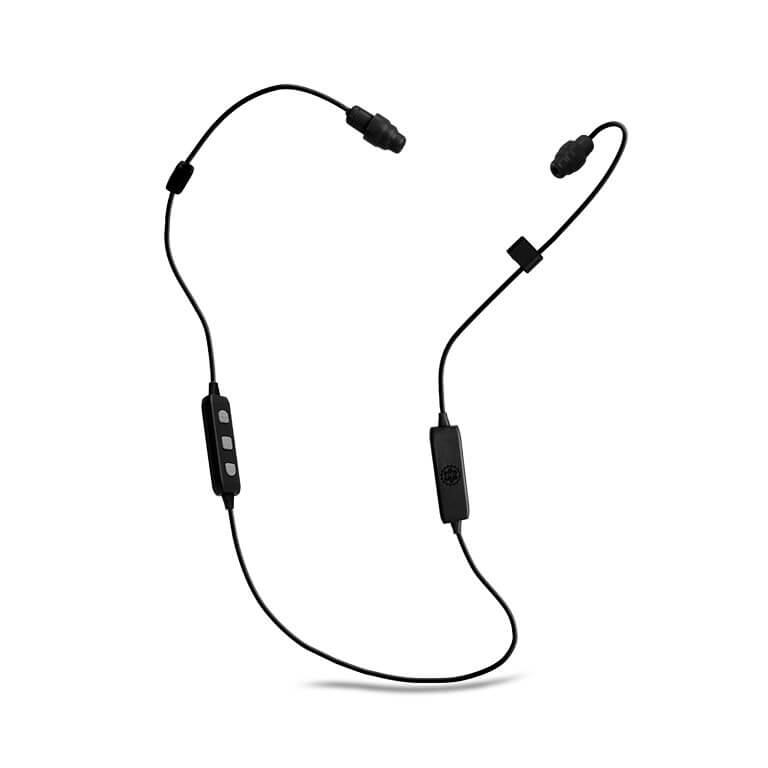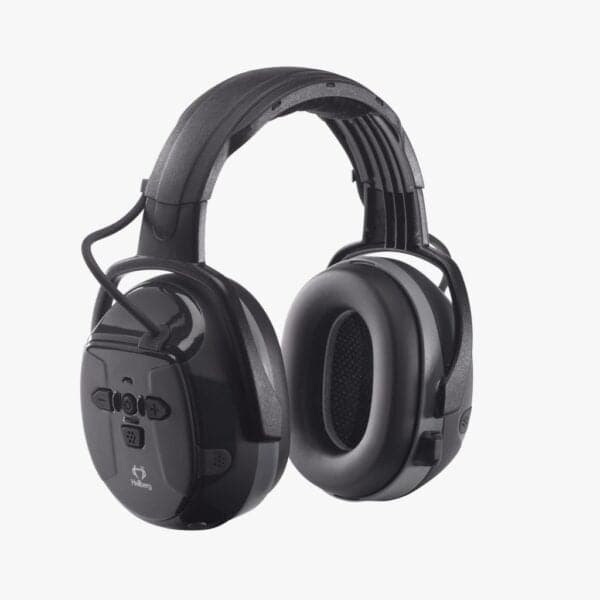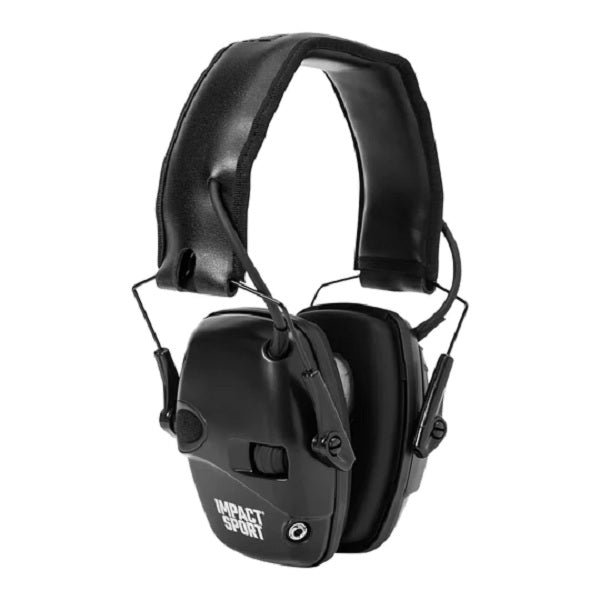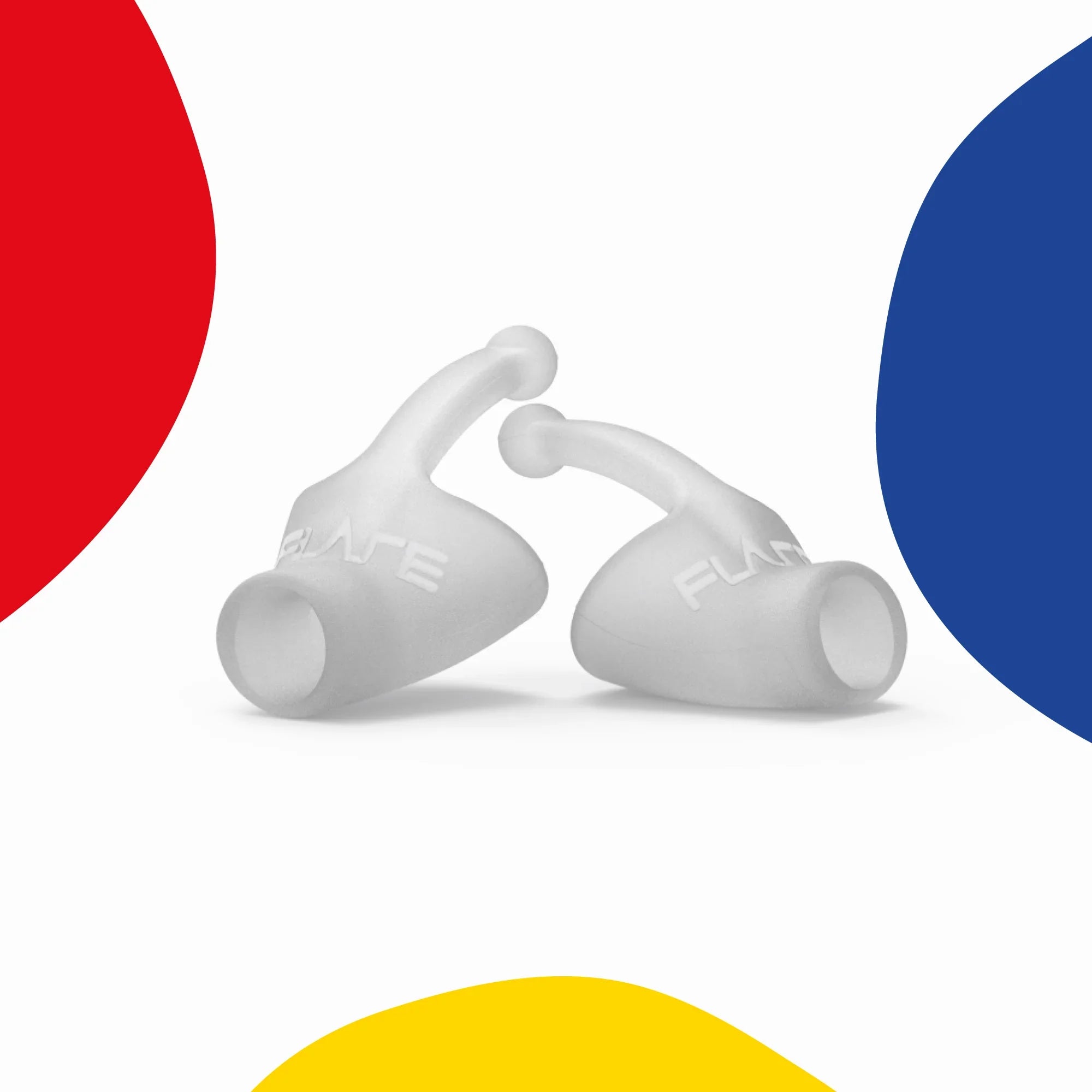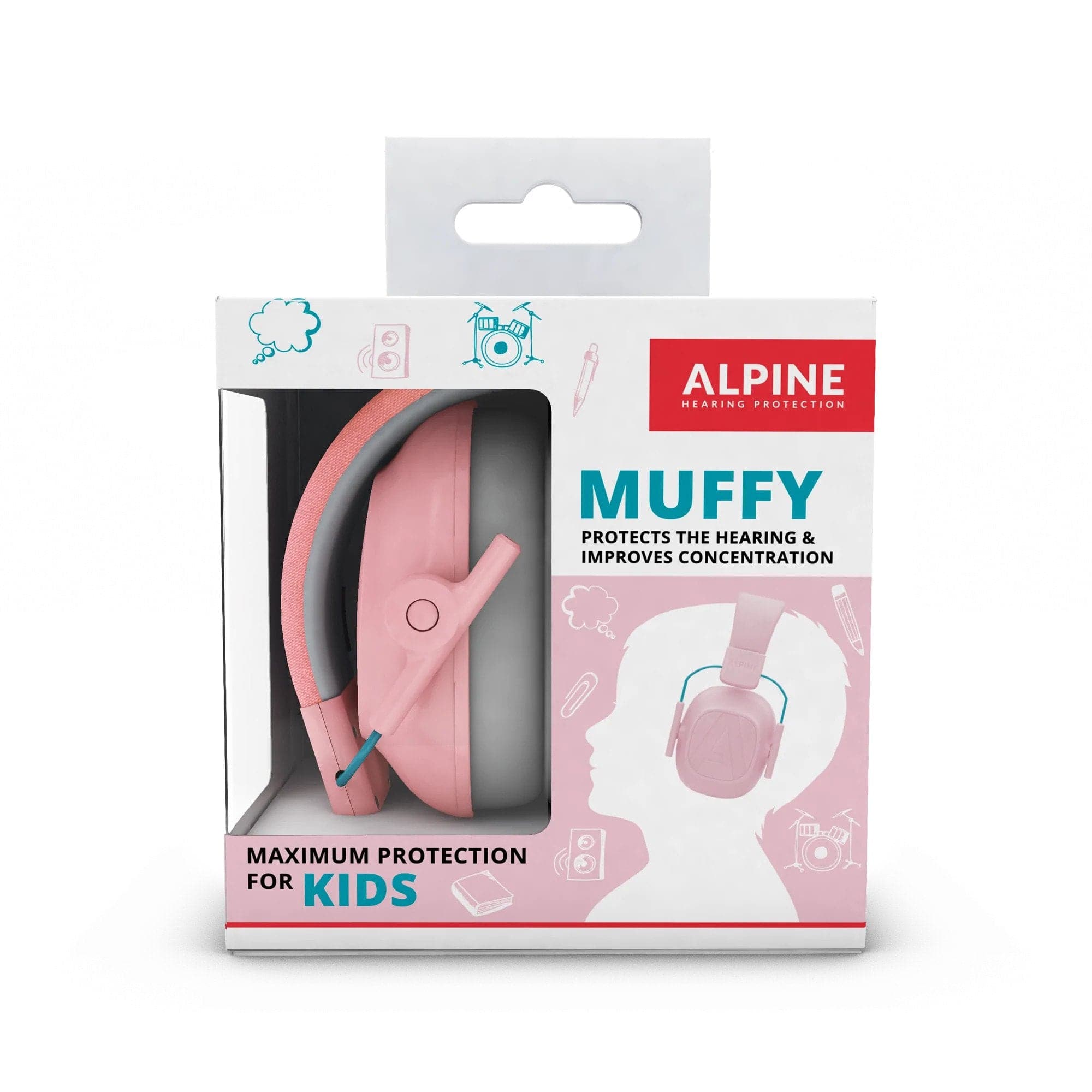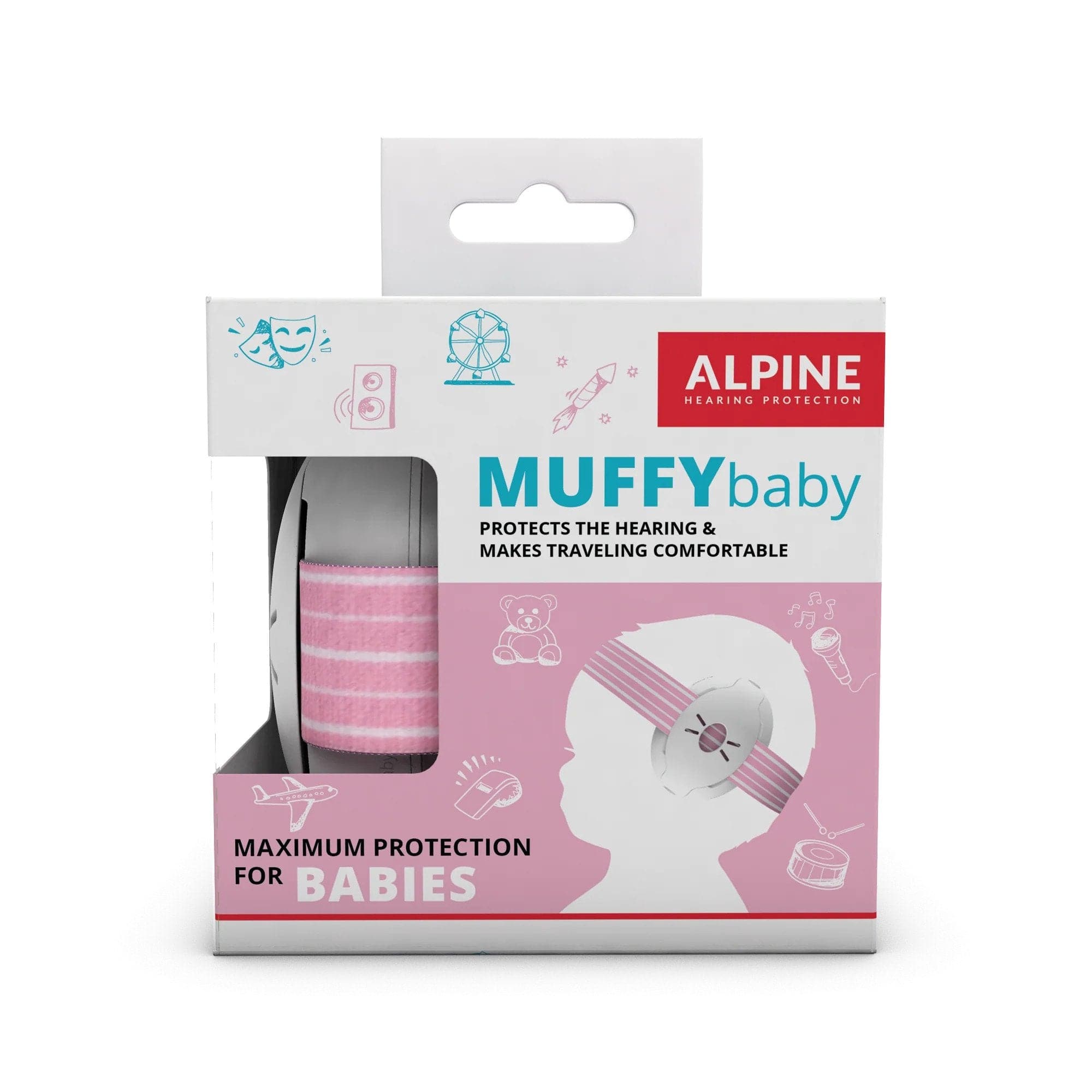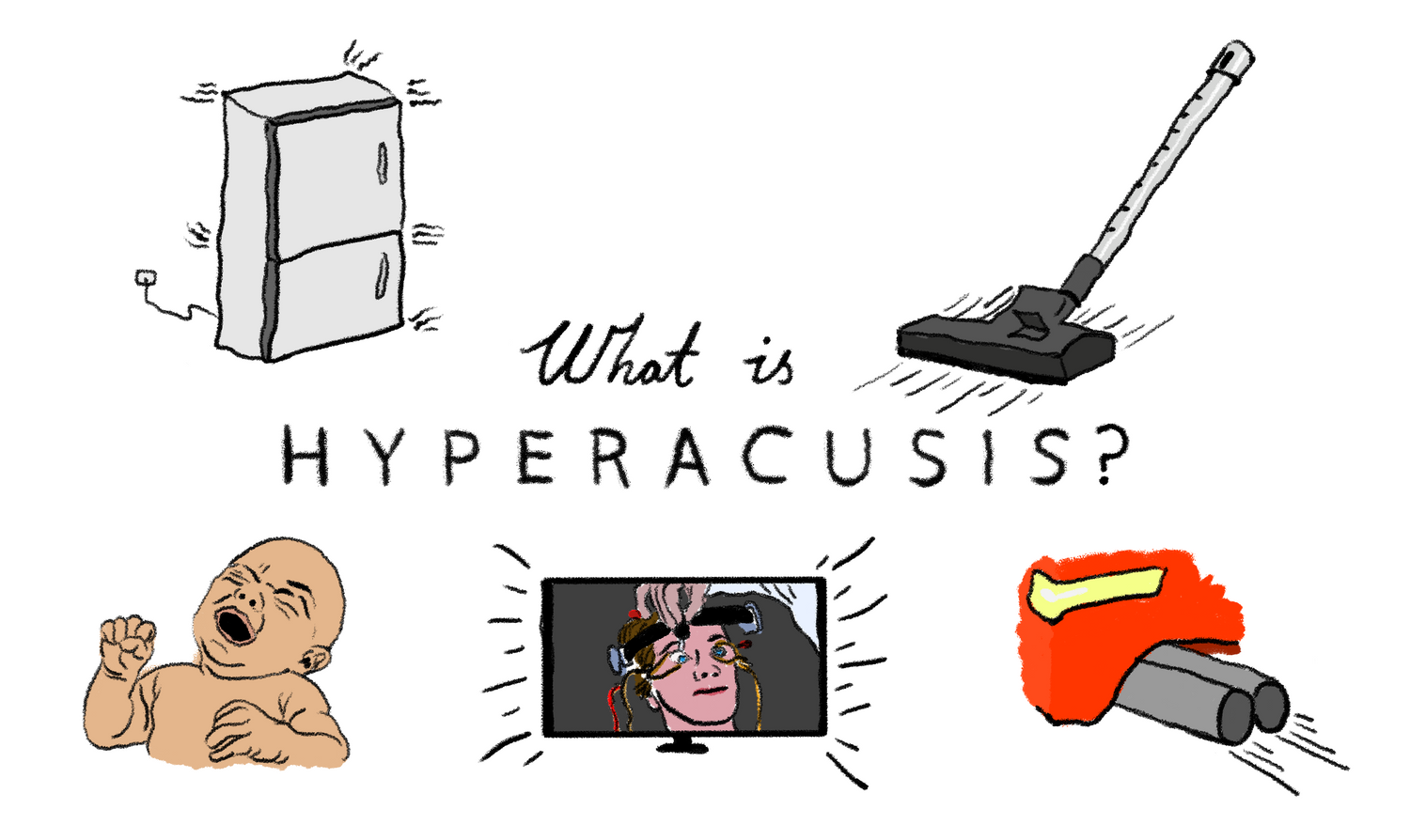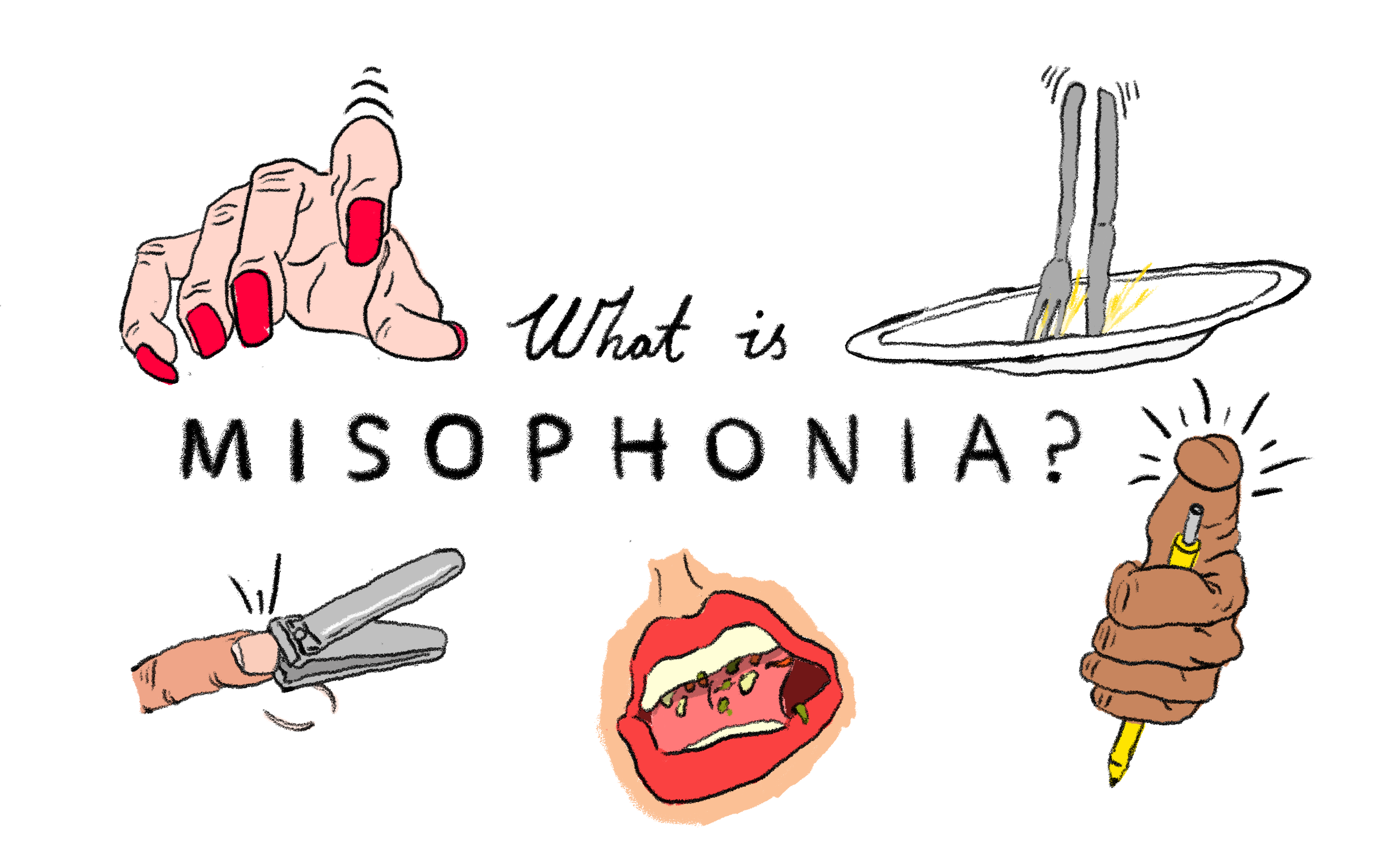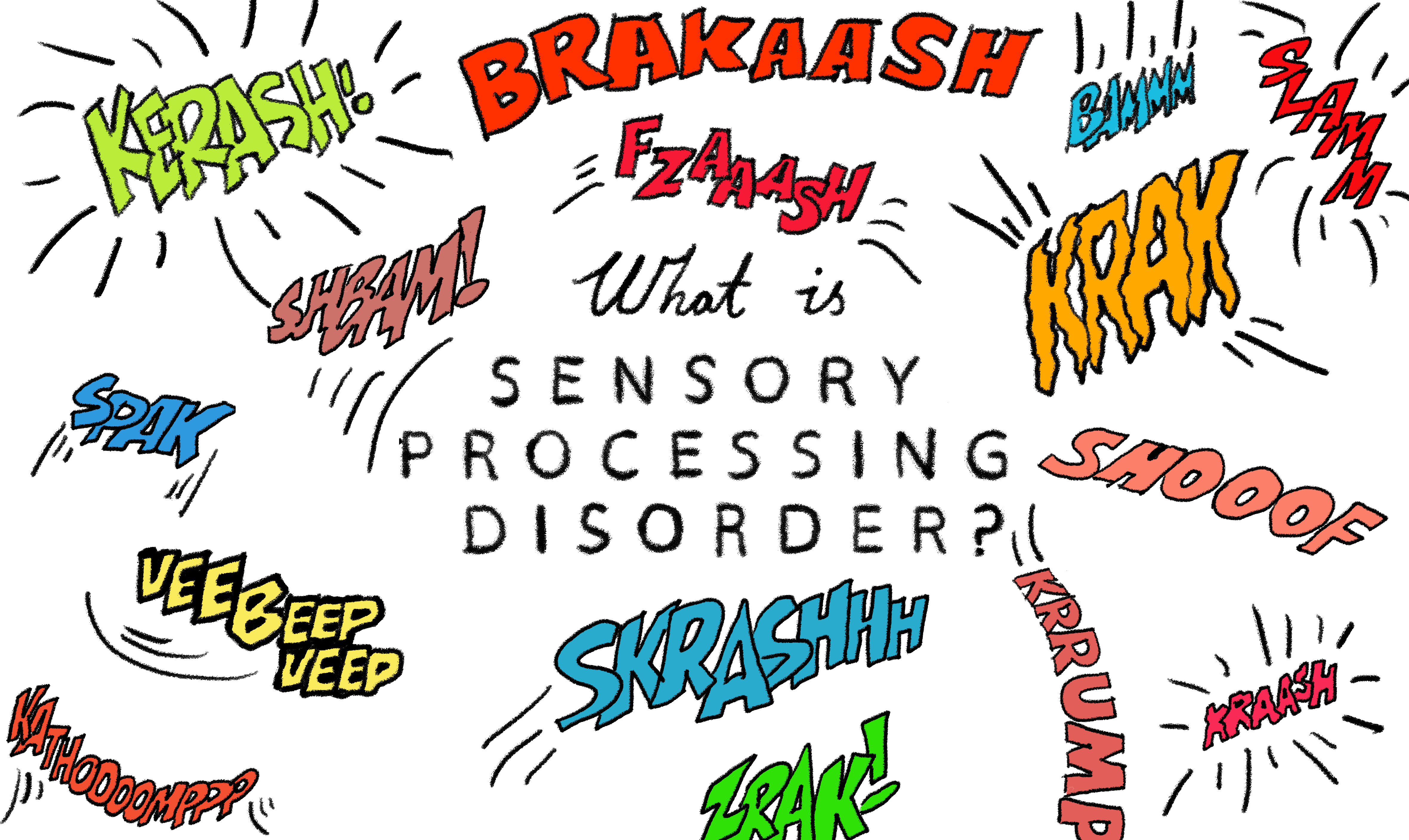Hyperacusis is a rare neurological condition that results in decreased tolerance to everyday sound. To put it simply: supposedly ‘regular’ noises like a car’s engine, a fridge’s hum, or even conversation can become discomforting for the listener. Even worse, loud and sharp noises, like a child’s cry, can be debilitating and cause both pain and disorientation.
How do I know if I have it?
There are a few symptoms to look out for to determine if you might have hyperacusis, they include:
- Noticing that your own voice seems ‘too loud’.
- An increased awareness of noise that ‘others don’t seem to notice.’
- A sharp pain reaction to sudden noise, as if you’ve been hit.
Because the experience of sound is so personal, there is no objective test that can be used to diagnose or rule out hyperacusis. It’s entirely dependent on the individual’s subjective experience of pain in the presence of sound. Still, by identifying these traits you can begin to make the kind of lifestyle changes that will generate significant relief.
What causes it?
The ultimate cause of hyperacusis is still unclear, it co-presents with a variety of other conditions (most commonly tinnitus). There are a few risk factors, however, that make it more likely, including:
- High exposure to loud noise, particularly on industrial sites.
- One-time exposure to extremely loud noise, such as in a car accident.
- Head injuries.
It is not uncommon to affect only a single ear, though if you notice a distortion in your sound tolerance in one ear it’s important you see a doctor quickly, to rule out tumours, sudden hearing loss, or other ominous conditions.
What can I do about it?
The primary treatment for sound sensitivity involves management, environmental and lifestyle changes, and also the use of hearing accessories to protect your ears. In terms of environmental and lifestyle changes, the sufferer should try and identify the most triggering situations and avoid them or mitigate them as much as possible. Mitigation is achieved through the use of medium strength musician’s ear plugs (such as the MusicMate Pro) which work to reduce ambient noise levels while still allowing you to listen and participate in your life.
There’s also the Flare Calmer. The Calmer works by softening the entrance of sound waves into the ear. It doesn’t reduce ANY sound, but instead reduces the amount of distortion present in what you’re listening to. For many individuals with sound sensitivity conditions, the Calmer provides huge relief working to soften the kinds of sounds that trigger attacks of hyperacusis and improve your quality of life.
Final word
Sudden changes in hearing or ear health should always be investigated by a health professional. If you notice a sudden loss of hearing, a sudden change in how you hear, or persistent ringing — go and see your GP. Many hearing related conditions can be treated if seen to quickly, with the added bonus that your doctor will be able to rule out any complications or other conditions at the same time.
Sources:
https://hyperacusis.net/what-is-hyperacusis/what-causes-hyperacusis/


